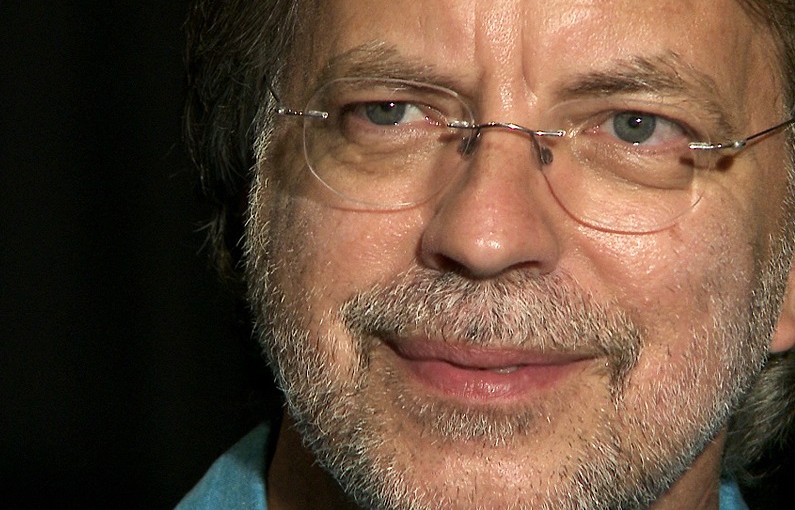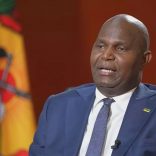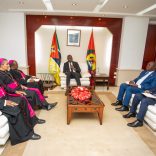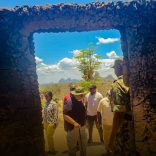Mozambique: President extends condolences on the death of Father Berenguer
Mia Couto: Mozambique’s interests should take precedence over personal interests

Mozambican writer Mia Couto argues that the government and Renamo have to “know how to give in”, and questions whether in the peace talks they are not defending their own interests in detriment of the interests of Mozambique.
“They must ask themselves whether what they stand for in the dialogue is just the defence of their own interests, their place in power, or whether it is the defence of Mozambique, their nation,” Couto told Lusa news agency in connection with the launch of his new book, ‘A Espada e a Azagaia’ (The Sword and the Spear) in Lisbon.
For the writer, “it is clear that it is not enough to talk. It is necessary to know how to live with, how to make concessions to the other,” which “is far from happening yet”.
Asked about the effectiveness of international mediation in the conflict, Mia Couto said that that was “not the determining factor”.
“For me, it is necessary to solve the basic thing. Renamo has to be a political party. It cannot simultaneously be a political party and maintain an armed faction because otherwise you do not know who you’re talking to,” he said.
Since the signing of the General Peace Agreement, Mozambique has had two periods of military instability, the first between 2013 and 2014, and the second, which began following the refusal of the Mozambican National Resistance (Renamo) to accept defeat in the general election of 2014 and endures to the present moment.
The main opposition party has made the end of armed action conditional on the acceptance by the government of its demand to govern in six provinces in the centre and north of the country where it claimed victory in the 2014 general election.
In his speech on Peace Day, 4 October, Mozambican President Filipe Nyusi said that peace is once again the main challenge facing Mozambicans.
Asked about his mission to defend the international image of a country affected not only by a political and military crisis but also an economic one caused by the ‘hidden debts’ scandal and the drop in the price of raw materials, Couto said that he always defended Mozambique, because his country “is not a government”.
The IMF, along with major international donors including the US, suspended financial aid to the country following the discovery in April of loans amounting to more than EUR1 billion backed by the former Mozambican government between 2013 and 2014 to finance companies created at that time for maritime security activities and oil research and exploration operations.
On poverty, which, according to the World Bank, affects 15 million Mozambicans, and hunger – nearly two million people need urgent food aid – the writer considered it “a deeply sad fact that clashes with the triumphalist speeches of the previous government and that this one somehow tries to maintain”.
“But I also have to say that Mozambique reached independence as one of the world’s poorest countries. Mozambique is impoverished not only because it has been badly governed, there is a burden of the past that has to be put on the table too,” he said.
The writer further advocated that Mozambique must be “ruled by the truth,” and be guided by “more transparent speech; more pragmatic, less politicized, and without this great concern of simply having the power to keep the power”.
Regarding the capacity of the country’s current leaders, Mia Couto said that there is “technical capacity”, but also the “weight of a generation” linked to the liberation struggle.
“Freedom movements arise, appropriate the truth, and then think that power is there by divine right,” he said.
However, he added, “there are people, especially urban youth, who want to change and no longer accept the discourse of victimisation, the colonial past. They want to solve the issues and face things with modern, democratic solutions”.












Leave a Reply
Be the First to Comment!
You must be logged in to post a comment.
You must be logged in to post a comment.